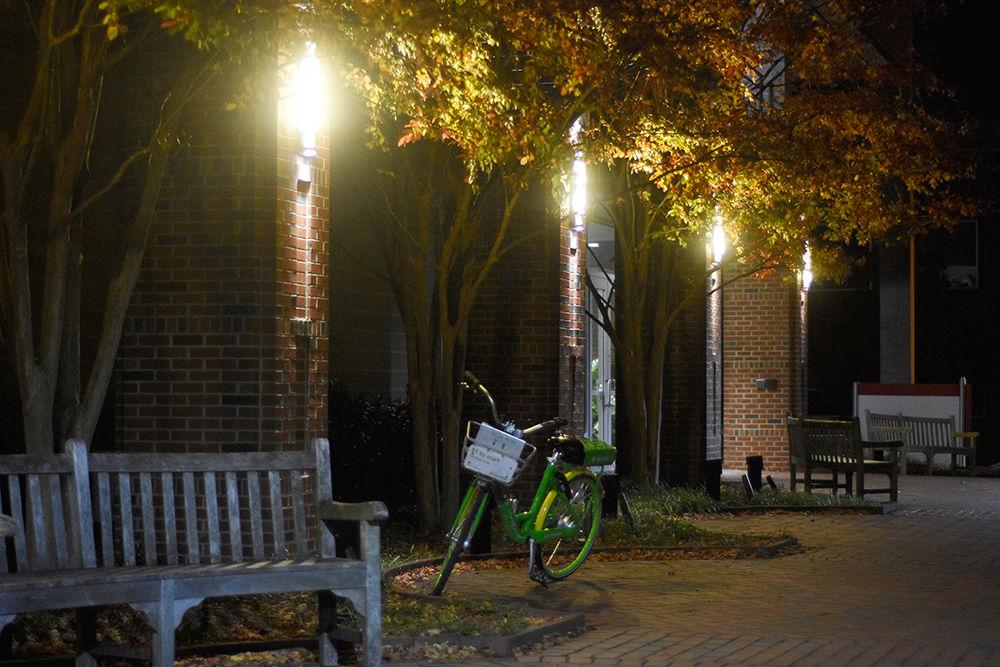The Holiday Energy Savings Initiative is a collaborative effort to reduce utility costs over winter break. This year, the initiative saved NC State an upwards of $389,000. Since the start of this program in 2004, savings have reached a total of more than $4 million.
Although NC State Facilities heads the initiative, Campus Enterprises, the Division of Academic and Student Affairs, NC State Athletics, NCSU Transportation, NC State Environmental Health and Safety and NC State Registration and Records all play a role in campus-wide reduction of energy consumption over major breaks.
Erik Hall, director of Energy Management, described the importance of this initiative in the context of NC State’s sustainability efforts.
“It is a campus-wide initiative that takes advantage of the time of year and the low occupancy on campus to minimize utility costs during that period,” Hall said. “It has a second order effect of minimizing our carbon footprint and greenhouse gas emissions during that period.”
According to Kerby Smithson, energy program coordinator, lowering temperatures, reducing lighting and even encouraging students to unplug electronics before leaving for break all play a role in energy savings. The savings range from $100,000 to $420,000 based on weather.
“The majority of our energy savings comes from setting thermostats back over the break and allowing buildings to get as cold as they do normally under unoccupied conditions,” Smithson said. “They are not completely turned off, but they are turned way down. That is easier said than done in a lot of our buildings. With some of our older buildings it is a very manual process.”
Including extending this collaborative effort to smaller breaks, Facilities is working to make the transition from “occupied” to “unoccupied” conditions more automatic, Hall said.
“We have a really interesting new system implemented in a pilot program in Park Shops and SAS,” Hall said. “If you’ve scheduled a room in the building, it will make sure the room is conditioned when you have it scheduled. If you think about that, when we have the Holiday Energy Savings Initiative, nobody scheduled that room, so the room will automatically go into its unoccupied mode.”
Hall said that the initiative extends to students, faculty and staff as well as more large-scale building conditioning.
“There is a big awareness campaign that goes along with this where we tell people [to] turn off computers when you’re not using them, turn off the lights when you leave,” Hall said. “We tell students the same thing: Unplug stuff you’re not going to use, defrost your freezer. Those little things add up.”
Although similar to the Holiday Energy Savings Initiative, Hall said the Summer Energy Savings Initiative has saved about one third of that of the Holiday Energy Savings Initiative.
“Over the summer we do the Summer Energy Savings Initiative, which is quite a bit different, because we work with the Registrar to concentrate the scheduling of classes in an optimal manner,” Smithson said. “If it were just business as usual, the Registrar would just schedule classes anywhere and everywhere around campus and every building would still be open.”
Hall said he hopes the Holiday Energy Savings Initiative raises students’ awareness of energy consumption, both during and after their time at NC State. To learn more about the Holiday Energy Savings Initiative and reducing energy consumption, students can visit the NC State Sustainability website.
“We want students to have that mindset that turning off the light matters; unplugging the computer matters,” Hall said. “Whether that is on campus, at home [or] at their workplace, we want people to think about energy management.”








